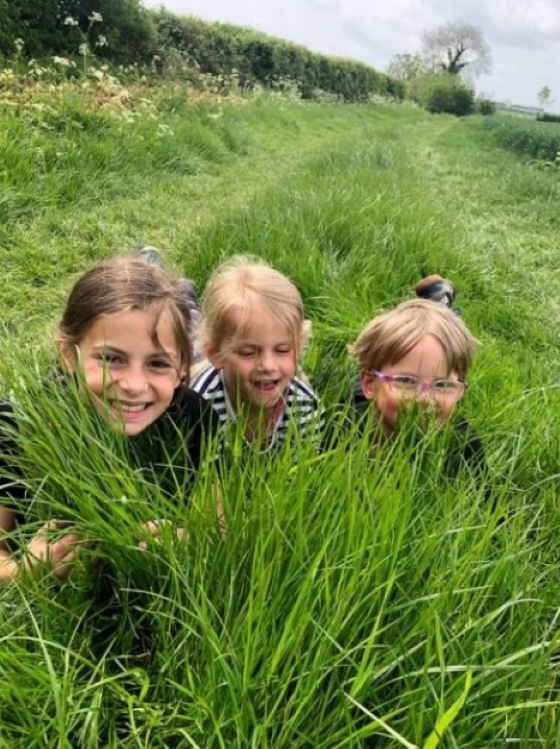 One thought comes immediately to mind when looking at Stanford University researchers’ systematic review of 66 studies on the value of early childhood environmental education: This took a lot of coffee.
One thought comes immediately to mind when looking at Stanford University researchers’ systematic review of 66 studies on the value of early childhood environmental education: This took a lot of coffee.
“I know, I know,” says research associate Alison Bowers with a laugh. Bowers and Stanford associate professor Nicole Ardoin conducted the in-depth review of literature on early childhood environmental education (EE), The Benefits of EE and Nature Connections in Early Childhood, in partnership with the North American Association for Environmental Education (NAAEE). “It took coffee both to understand the material and sometimes just to get through it. Some of the papers can be a bit dry.”
Anyone in the early childhood field looking for affirmation of what they’ve known all along—namely that environmental education improves learning outcomes broadly, not limited to “the environment”—will thank the researchers for their service. For evidence-based appeals to funders, administrators and politicians, the exhaustive review is worth whatever caffeine jitters the researchers might have experienced.
The review details environmental education’s many benefits to young learners, from social and emotional learning and improved physical development to improvements in math, science, language and literacy, in addition to more direct improvements to outcomes in environmental literacy. The mission of environmental literacy is to grow children’s knowledge and awareness while building the attitudes and skills to help them become adults who are vested in the future and in taking care of the earth.
Click here to read the full article.
